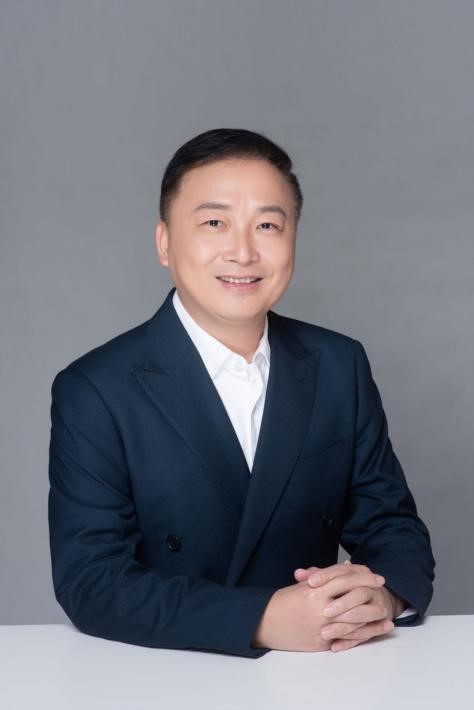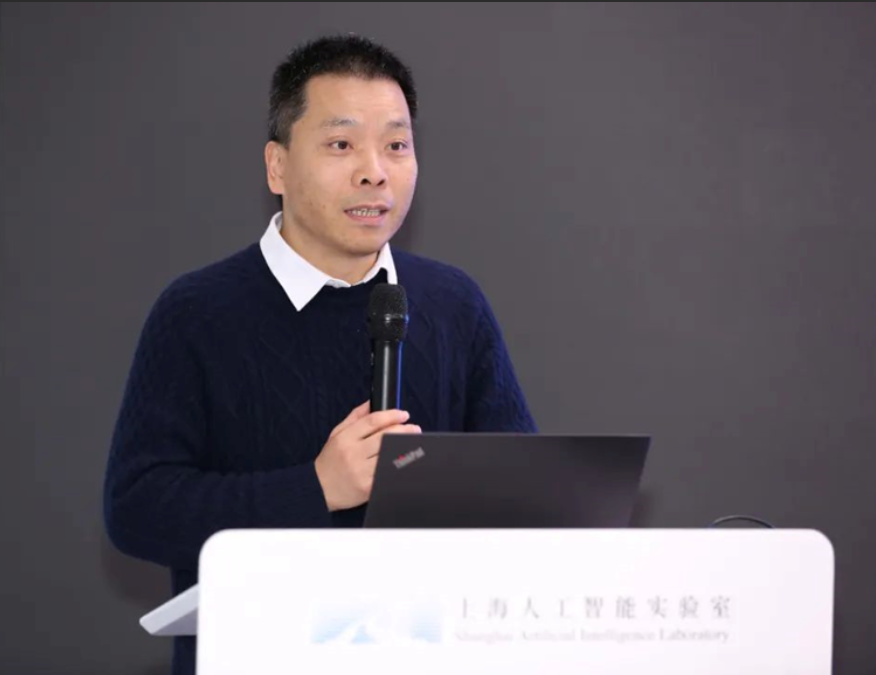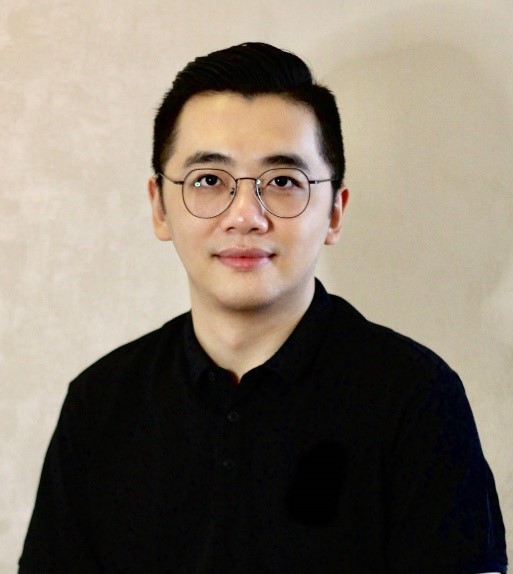1. Workshop Theme
Artificial Intelligence (AI) is increasingly becoming a key force driving social progress and economic development, especially the new generation of AI represented by Deep Learning is profoundly impacting education, and it has become particularly important to provide appropriate AI education for primary and secondary school students. This workshop focuses on the new generation of AI education for primary and secondary schools, aiming to promote the development of new generation of AI education platforms and tools for primary and secondary schools, explore the construction of new generation of AI education curricula and resources for primary and secondary schools, as well as the cultivation of teachers, and explore the use of new generation of AI technology to cultivate primary and secondary school students' innovative thinking and key competencies, such as logical thinking, problem solving ability and creativity. This workshop will discuss the latest trends in AI education in primary and secondary schools, share AI education platforms and tools, and showcase curriculum building results and excellent cases to help AI education scholars and primary and secondary school teachers understand the new generation of AI education in primary and secondary schools, as well as the strategies and methods of using AI to cultivate high thinking in students.
Through this workshop, we look forward to realising in-depth exchanges and interactions with AI education scholars and teachers of AI education in primary and secondary schools, launching discussions in the professional fields, and outlining the vision of cooperation to jointly promote the development of the new generation of AI education in primary and secondary schools.
Relevant topics for this workshop call are referenced below, but are not limited to these topics.
1) Artificial Intelligence Education in Primary and Secondary Schools: Introducing the basic concepts and principles of AI technology and sharing the experience of carrying out new-generation AI teaching in primary and secondary schools.
2) New-generation AI educational tools and resources: design and development of new-generation AI educational platforms and tools suitable for primary and secondary school students, including new-generation AI learning platforms, model training tools, hardware and robots.
3) Teacher training for next-generation AI education: sharing experiences and cases of teacher training for next-generation AI education
4) Next-generation AI education curricula and cases: sharing next-generation AI education curricula and teaching cases
5) Developing students' core literacy and key competencies: sharing of relevant research on developing students' core literacy and key competencies
6) Enhancing students' AI literacy: sharing relevant research on students' AI literacy
7) Hands-on Workshops: Organise participants to experience the latest AI educational tools and resources first-hand and deepen their understanding of AI teaching applications through practical activities.
This workshop is open to AI education scholars, primary and secondary school teachers, education administrators, curriculum developers, researchers, and related industry professionals interested in next-generation AI education for primary and secondary schools. Participants are encouraged to submit research papers, case studies, or practical experiences related to next-generation AI education and share them through oral presentations, wall poster presentations, and other forms of communication. Through this workshop, participants will be able to acquire valuable knowledge and experience in building a creative and challenging environment for primary and secondary school students to develop into future problem solvers and innovators.
Workshop members
Workshop Chairman: Professor Xindong Ye (Wenzhou University)

Dr. Xindong Ye, Professor and Distinguished Oujiang Professor at Wenzhou University, Master's Supervisor, Part-time Ph.D. Supervisor at Chonnam National University in South Korea, Associate Dean of the School of Education at Wenzhou University, Senior Visiting Scholar at Utah State University, USA, Director of the Zhejiang Province Primary and Secondary School Research Travel Study and Guidance Center, Board Member of the Learning Science Research Branch of the China Higher Education Society, Board Member of the Intelligent Education Technology Committee of the Chinese Association for Artificial Intelligence, Member of the Zhejiang Provincial University Information Technology Teaching Guidance Committee, Vice Chairman of the Intelligent Education Branch of Zhejiang Higher Education Society, and Deputy Director of the Big Data and Smart Education Research Center at Wenzhou University. His main research interests include new technology and media in education, artificial intelligence education applications, knowledge sharing in virtual learning environments, and big data analysis and mining.
Workshop Co-chairman: Professor Zuoru Xie (Shanghai Artificial Intelligence Laboratory)

Professor Xie Zuorong, a highly accomplished Information Technology teacher, is Director of AI Lab at Wenzhou High School in Zhejiang Province, China. He has a diverse range of research interests in Interdisciplinary Learning, Maker Education, STEM Education, and AI Education. He holds several esteemed positions, including Vice Chairman of the Chinese Society for Modern Educational Technology, Standing Director of the Information Technology Education Committee of China Education Technology Association, and Consultant of the Science and Technology Innovation Education Shanghai Artificial Intelligence Laboratory. He is also an expert of the “14th Five-Year Plan” National Training Program of the Ministry of Education. His contribution to the field of Information Technology Education was recognized when he was invited to be a special guest speaker for Mobile Learning Week by UNESCO in 2019.
Workshop Co-chairman: Qi-Fan Yang (Fujian Normal University)

Dr. Qi-Fan Yang is an associate professor, doctoral supervisor, master supervisor, and postdoctoral co-supervisor in the College of Education of Fujian Normal University. He received his Doctor of Science degree from National Taiwan University of Science and Technology in 2019. Dr. Yang serves as an editorial board member and a reviewer for more than 10 academic journals. His main research interests are: educational robotics, artificial intelligence educational applications, and VR and AR-assisted teaching. Dr. Yang has published more than ten academic papers in international SSCI-indexed journals, including ten in Q1 journals. Dr. Yang also presides over the National Natural Science Foundation of China, the Education Science Planning of Fujian Province, and the Social Science Foundation of Fujian Province.
Invited experts (in alphabetical order):
1) Biyun Huang City University of Macau
2) Chun Lin Wenzhou Education Technology Centre
3) Di Zhang Zhejiang Normal University
4) Dong-pin Hu The Chinese University of Hong Kong
5) Jian-Wen Fang Wenzhou University
6) Jinghe Feng Institute of Education and Teaching
7) Min Lan Zhejiang Normal University
8) Qing-Ke Fu Huzhou University
9) Xiangfeng Huang Wenzhou Early Childhood Teachers' Normal School
10) Yun-Fang Tu Taiwan University of science and technology
11) Shao-Chen Chang Yuan Ze University
12) Zhengren Xia Wenzhou Teacher Education Institute
Paper format and submission
Papers should be written in Simplified Chinese, Traditional Chinese or English and should be a maximum of eight pages for long papers and four pages for short papers. For Chinese papers, please provide the title, abstract and keywords in both English and Chinese.
※Papers with more than 15% duplicates or more than 20 consecutive duplicates will not be accepted.
※Papers that do not meet the formatting requirements of the conference may not be included in the conference proceedings.
※Submission and enquiry email: beginnerfjw@163.com (papers can be sent to this email address)
Important dates
Paper deadline: 25/03/2024
Notification of review results: 30/03/2024
Finalisation of papers: 20/04/2024 (please submit the copyright authorisation for the conference edition at the same time)
Workshop Registration: 20/04/2024
Workshop dates: 01/06/2024—05/06/2024

